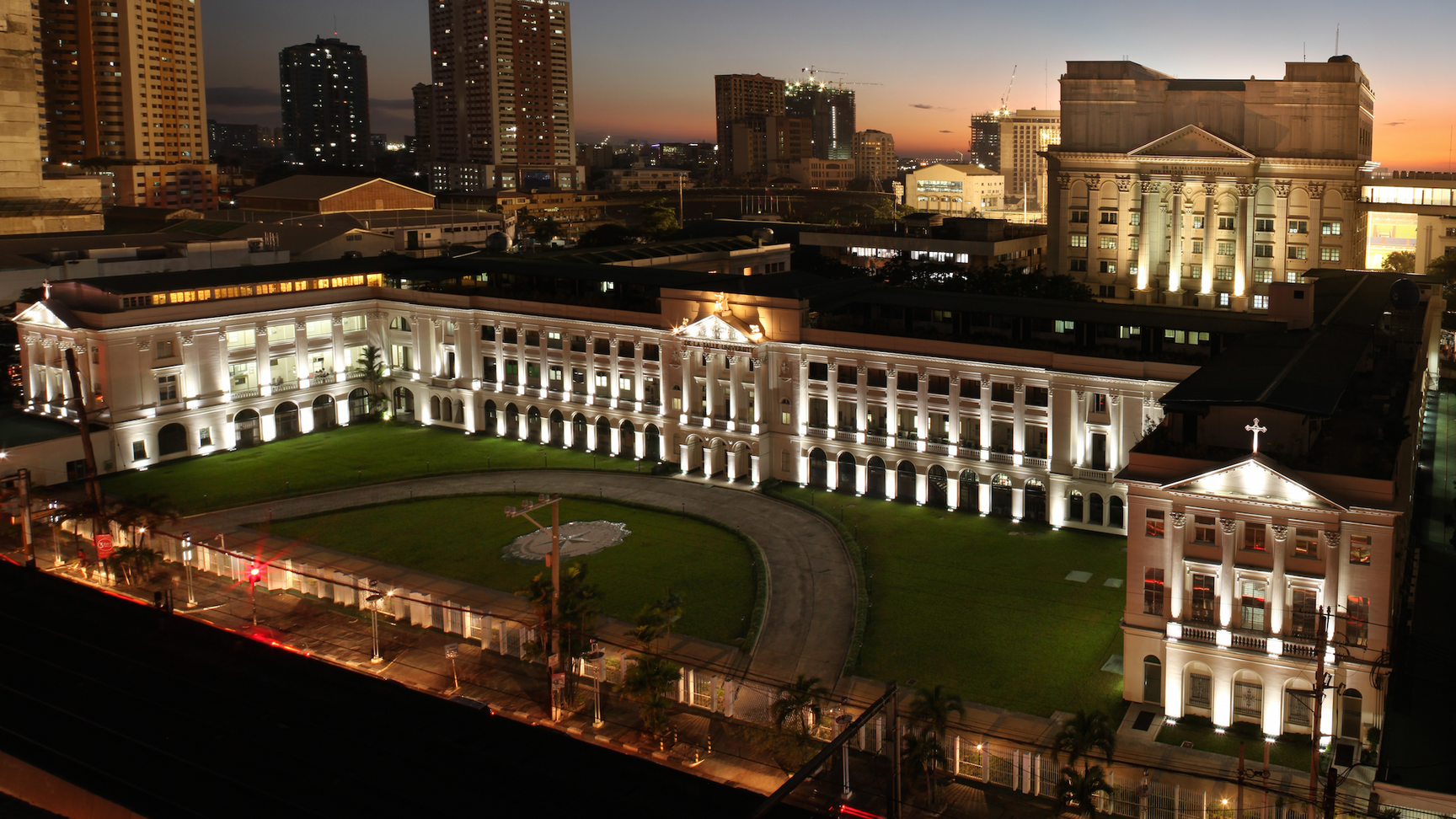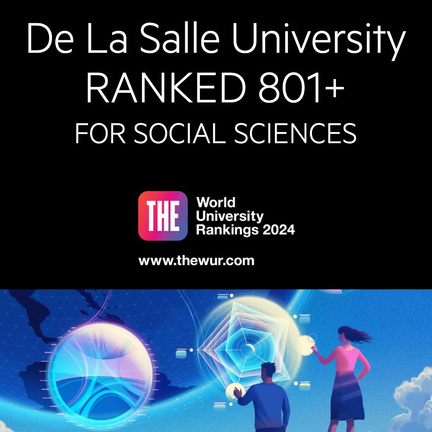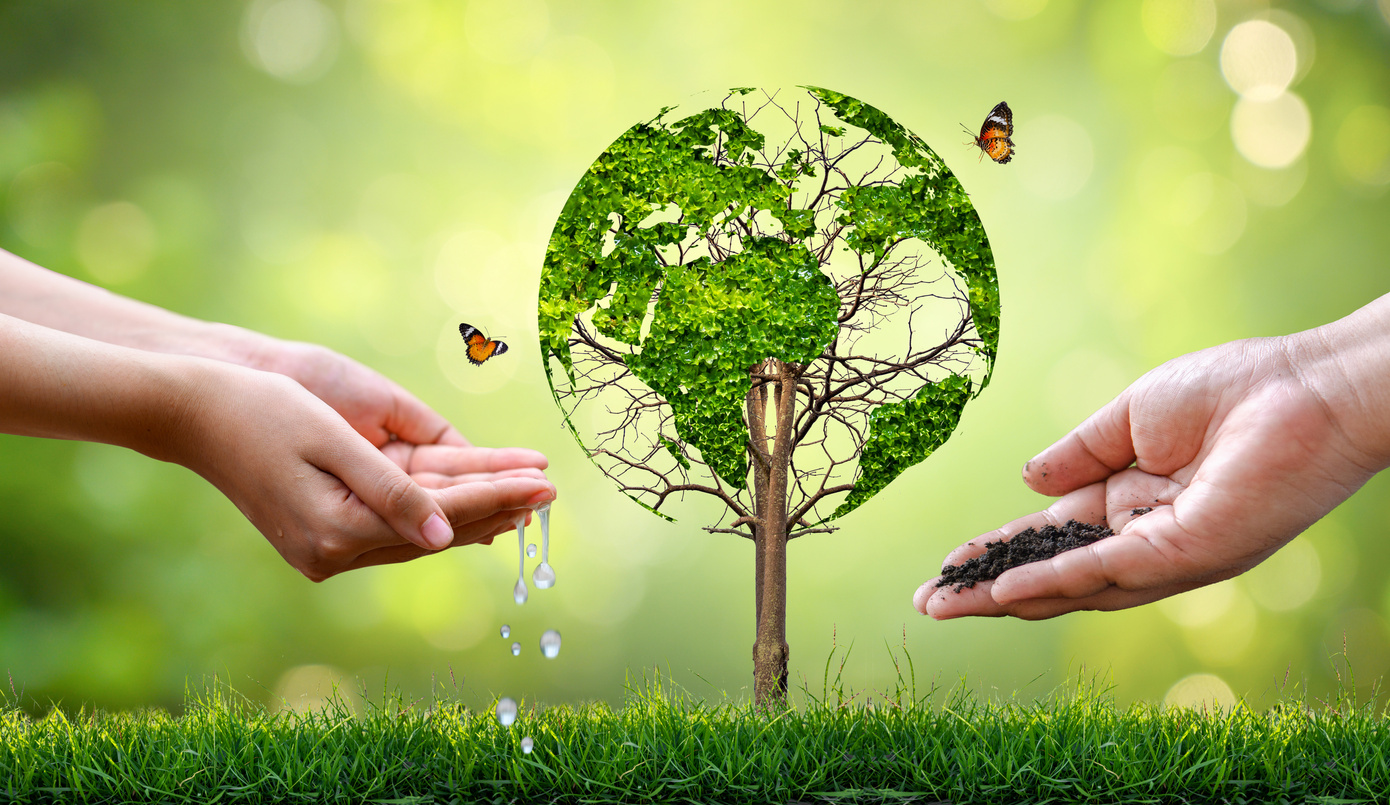Sustainability, Health & Well-being
Overview
This clusters aims to address on how sustainable development can affect people’s health and well-being. Sustainable development refers to practices “that meet the needs of the present, without compromising the ability of future generations to meet their own needs.” These practices can be related to environmental sustainability, social sustainability and economic sustainability. In response to social development goal number 3 of ensuring healthy lives and promote well-being for all at all ages, this cluster aims to develop academic, research and social engagement activities that can respond to SDG 3. Guided by the Lasallian values of faith, and zeal for communion in mission, the CLA faculty in collaboration with the students, and institutional partners will specifically aim for the following activities:
- Engage in a new course development about sustainability, health and well-being;
- Craft research on how different types of sustainable development impact the health and well-being of individuals; and
- Forge a partnership with a community affected by climate change and create a program that can help them in their health and well-being concerns.
Team leader
Members
Publications
Articles
Books
Book chapters
Service Learning
Partnerships and advocacy
PLCs
Professional learning community
EXPLORE THEMATIC CLUSTERS
Open Cluster


De La Salle University
Manila Campus

De La Salle University has been listed in the prestigious Times Higher Education Subject Rankings 2024 for Arts & Humanities and Social Sciences. This is the first time that DLSU entered the Arts & Humanities ranking, securing a place in the 600+ bracket and making it as the leading private university in the Philippines in this category. This is indeed a remarkable milestone for the College of Liberal Arts as this is an affirmation of its pursuit to produce outstanding publications and creative works that enrich our culture, define our identity, and embrace our humanity.
For 5 consecutive years, DLSU has been recognized as one of the best universities in the field of Social Sciences and has recently been placed within the 800+ bracket. Congratulations to all the faculty, students, and fellow administrators for their exceptional contributions and commitment in realizing this goal.
Animo La Salle!




Research Group
Exploring the Mental Health and Well-Being Consequences of Sea-Level Rise in a Coastal Community in the Philippines
Dr. Homer Yabut
Dr. Marlon Era
Dr. John Jamir Benzon Aruta
Dr. Crisanto Regadio, Jr.
De La Salle University
Abstract
Climate change is already affecting people’s lives in different and unprecedented ways. Climate change-related events, including increasing heat, extreme weather, drought, sea-level rise, and flooding, among others, increasingly cause deaths and injuries, diseases, loss of livelihood and income, and damage to infrastructures and properties (Intergovernmental Panel on Climate Change, 2022). The majority of studies on the impacts of climate change on humans and communities focus on the intersection between climate change and health (Kotcher et al., 2021). For instance, climate change increases people’s exposure to waterborne and vector-borne diseases, allergies, and many more (Thomson & Stanberry, 2022; Walker, 2018). Community health is affected by climate change through an increase in interpersonal aggression, violence, crime, and reduced community cohesion (Theisen, 2017), which is explained by the economic and livelihood consequences of climate-related events (Diaz & Moore, 2017).
More attention to the impacts of climate change on people’s mental health and well-being is needed (Aruta et al., 2022). While the emerging literature on climate change and mental health nexus is growing (Charlson et al., 2021), one noticeable limitation in the literature is that most studies primarily focus on the mental health outcome of the youth (Clayton et al., 2023; Hickman et al., 2021). Limited studies focus on small communities that are arguably more exposed to climate hazards. Another significant gap in the literature is that most studies focus on the mental health impacts of climate change-related events that have abrupt impacts (e.g., typhoons, landslides caused by continuous and frequent heavy rains, heatwaves). There is a dearth of studies that pay attention to the mental health and well-being impacts of climate change events that are slow-onset and insidious (e.g., sea-level rise, which often has long-term effects on people’s health, livelihood, and way of life (IPCC, 2022). To address these gaps, the proposed study will explore the lived experiences and mental health and well-being impacts of sea-level rise in a select coastal community in the Philippines that has recently and is currently experiencing sea-level rise and constant flooding.









